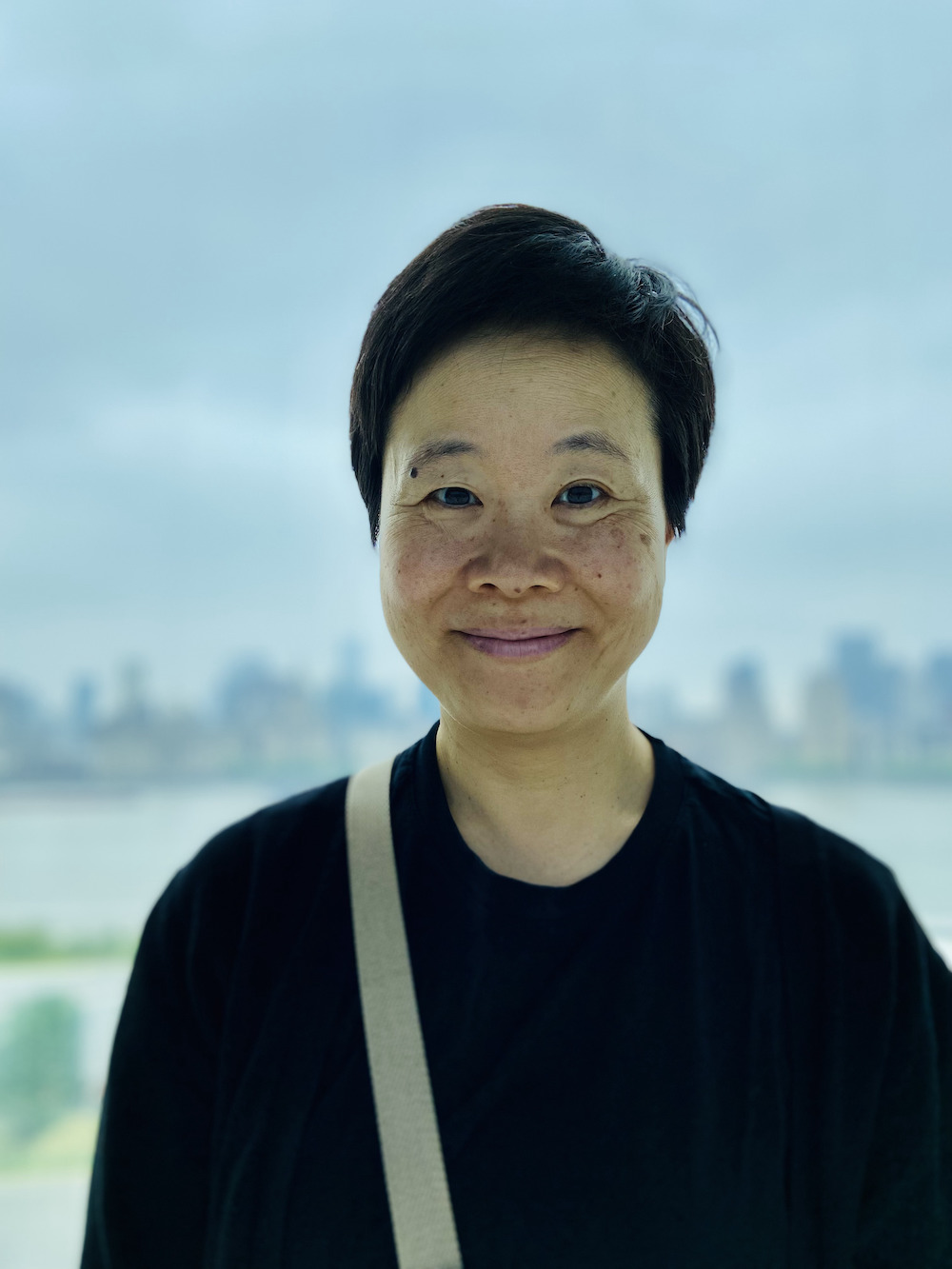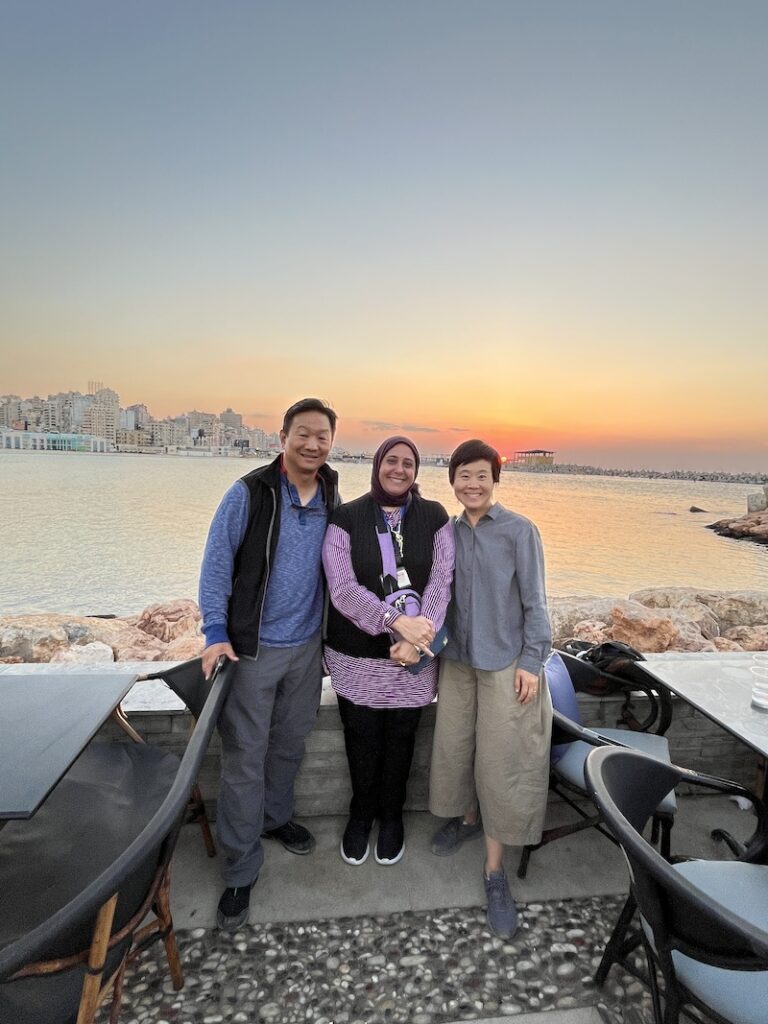We hadn’t planned on going to Alexandria but the further south we traveled, deeper into Upper Egypt, the more “Alexandria” kept popping up in every conversation. The old adage, “All roads lead to Rome” crossed my mind. In this case, it would be more accurate to say that “All roads lead to Alexandria.”
Alexander the Great, the ambitious Macedonian King, led his army into Egypt by way of Gaza in 332 BC. There wasn’t much resistance from the Egyptians, who were under Persian rule at the time, because they saw Alexander the Great as a kind of liberator from the harsh rule of the Persians. Soon after Alexander entered Egypt, he established the coastal city of Alexandria to act as the capital of his new Egyptian empire with a strategic military and economic position on the Mediterranean. After founding the city, Alexander never had the chance to see it again before his death in 323 BC, when he was just 32 years old.
After Alexander’s death, in-fighting ensued among his generals, advisors and friends over how the massive empire that Alexander had amassed would be ruled. Ptolemy, one of Alexander’s most trusted generals, acquired the coveted position of the “governor” of the “province” of Egypt. Struggles and fighting to secure, consolidate and expand territory and influence continued for years until Ptolemy declared himself King of Egypt in 305 BC. He was known as Pharaoh Ptolemy I and later renamed himself Pharaoh Soter.
This was the beginning of the Ptolemaic dynasty of Ancient Egypt that ruled for 275 years, the longest dynastic reign in Egypt’s history. During the rule of the Ptolemies, Alexandria grew to be one of the largest and learned cities in the world. It attracted scholars, philosophers, artists, musicians, scientists and all manner of intellectuals. The illustrious Library of Alexandria, home to the largest collection of books (papyrus scrolls) in the world, was a physical manifestation of its enlightened pursuit of knowledge and progress. Nobody knows for sure how the library of Alexandria was destroyed though there are a few popular theories like it was burned down when Caesar sacked the city in 48-47 BC or it was destroyed by Muslim conquerors and the books were used as fuel for heating the city baths. Richard Ovenden, author of “Burning the Books: A History of the Deliberate Destruction of Knowledge” reiterates a theory posited by Edward Gibbon, that while wars or fires may have caused some loss of books or buildings, the real destruction of the famed library of Alexandria was due to a “gradual neglect” and “growing ignorance” in the preservation of knowledge itself through surprisingly mundane devices like lack of funding to prevent the literal deterioration of the papyrus scrolls themselves. Note to self to add Richard Ovenden’s book to my reading list.
If the library of Alexandria was a beacon of knowledge in the ancient world, the lighthouse of Alexandria extended a literal beacon of light to guide ships safely to the harbor of this great city. The lighthouse was commissioned by Ptolemy I and completed 20 years later by his son and successor. It stood 330 feet tall and at the time, was the second tallest building in the world behind only the Great Pyramid of Giza. After the lighthouse was destroyed by an earthquake in 1303, it was left as an abandoned ruin. It wasn’t until 1477 that the Citadel of Qaitbay was constructed by Mamluk Sultan Qaitbay on the site of the ancient lighthouse, using remains of the lighthouse.
Because we had only two full days in Alexandria, we hired a guide to take us around. It is always a toss-up with guides. Guides are an integral part of the experience of visiting a new place. It is frustrating that we often don’t have a lot of control over the guide that we end up with. There are websites and apps that try to make the process more transparent but most of the time, it is just the luck of the draw when it comes to local guides, especially if you are traveling on a budget.
Most guides are fine – they do their job, convey the information and do what they were trained to do. Once in a while, you end up with a really horrible guide who doesn’t know what he is talking about, has a lackluster personality or just tries to make money off of you. This type of guide actually obscures the beauty and dampens your curiosity of the place that ironically, you are paying him to reveal. Once in a blue moon, luck smiles upon you and you meet a guide who transforms your entire experience, allowing you to see a place in an unexpected and thought-provoking way.
Well, luck smiled upon us in Alexandria by introducing Dina to us. Dina was our guide for our two days in Alexandria. In our first twenty minutes of chatting with Dina over lunch at Branzino, a seafood restaurant overlooking the Mediterranean Sea, I could already tell that Dina was no ordinary guide. In my eyes, and I have shared this publicly before – Dina is the future. I don’t mean just for Egyptians or Muslims or women. I mean she is the future and she happens to be a Muslim woman from Egypt. She is hard-working and passionate about her area of expertise – Egyptology, archaeology and teaching. She is extremely well-educated with two Master’s degrees and a PhD so her knowledge is both broad and deep. She is multi-lingual, fluent in Arabic, English, Japanese, French and German. She is a wife and mother of three beautiful children. She is kind, positive and open to the world.
It was simply a stroke of luck that we happened to get her as our tour guide. She added depth and insight in every dimension during our visit to Alexandria- historical and political context, life in ancient times, religion and beliefs, archaeology and restoration, the business of antiquities and museums. Her skills as a storyteller kept the children entranced while simultaneously providing depth and substance to the adults.
Although Alexandria is not Dina’s hometown, she considers it her favorite city in the world. Our understanding and affection for Alexandria comes from seeing it through Dina’s eyes.
Author
-

Song is the mother of four children. She and her family have stepped away from it all and in September 2023, began traveling the world while homeschooling. Song is an ABC (American born Chinese) and has an undergraduate degree from Cornell and an MBA from Harvard. She is an entrepreneur and an educator. Her hobbies include learning, traveling, reading, cooking and baking, and being with children.


11/28~11/29 狄娜
超棒導遊名狄娜,福態身材洋娃娃。
學識淵博人和善,參訪遊覽全靠她。